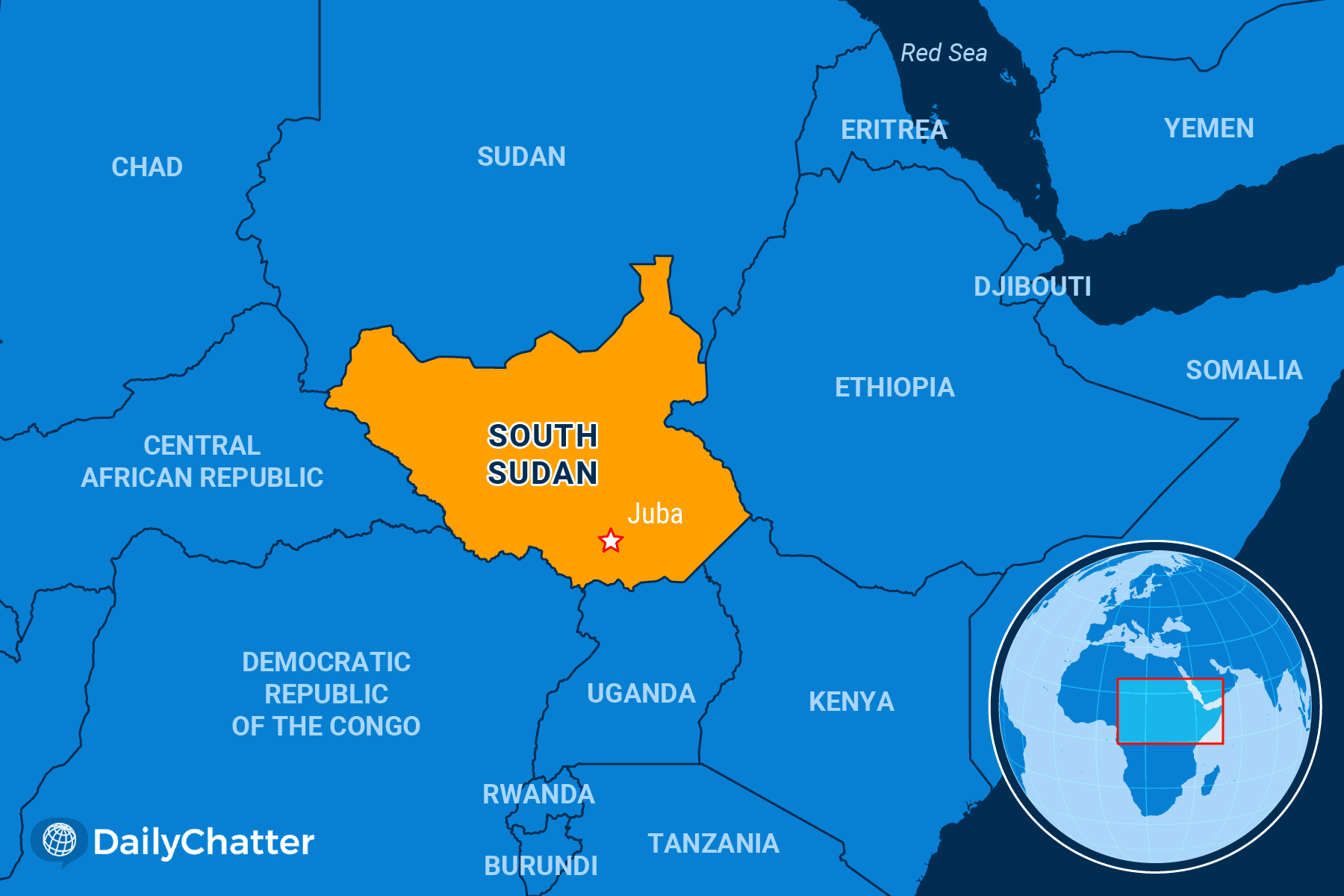Need to Know
August 31, 2022Breathing Room
South Sudan

|
Listen to Today's Edition
|
Rather than hold elections in December as previously planned under a 2018 peace agreement that ended its almost five-year civil war, the government of South Sudan will hold elections in two years as a “transitional leadership” team makes supposedly necessary reforms.
As Voice of America explained, the international community was not particularly happy with the idea. “We note with concern that the necessity for an extension to the peace process is the result of choices made by the government not to take the necessary steps that would have led to implementation,” the British government said in a statement.
That statement came as United Nations officials also decried fighting still occurring in Tonga town, where splinter rebel factions have fought, displacing 15,000 people, Xinhua reported. Flooding has prevented humanitarian groups from getting sufficient aid to the region.
Erupting in late 2013 from a political conflict between President Salva Kiir and his deputy, Riek Machar, South Sudan’s civil war claimed the lives of an estimated 400,000 people and displaced more than two million others within the country and outside of it. The civil war, incidentally, came two years after South Sudan achieved independence from its northern neighbor, Sudan, after a long, bloody insurgency. It’s the world’s youngest country.
Today, more than 800,000 South Sudanese refugees live in Sudan, Reuters wrote. “It’s very difficult. Life is worse than before. We can’/t figure out what to do, neither here nor in the South,” said Toka Ayman Agok, a South Sudanese mother of nine children who is among the more than 110,000 people who live in shantytowns around the Sudanese capital of Khartoum.
Meanwhile, the country is experiencing a “food emergency,” because of the lingering impact of the pandemic, the war in Ukraine cutting off grain shipments, continuing conflict and unprecedented floods. That has led to the cost of staple goods soaring nearly 100 percent, CBS News reported. Currently, three out of four people do not have sufficient food to eat.
Some observers felt the 24-month pause might be beneficial. As University of Juba law professor J Geng Akech wrote in the Conversation, South Sudan as a nation has never held elections. Democracy is not part of its DNA. Taking some time to develop institutions for the express purpose of an election in 2024 might be the best approach for progress.
Local, grassroots peace initiatives were growing in the country, Akech added. The next two years could be a time for them to bloom.
Human Rights Watch agreed, though it warned that South Sudan needed to fix “chronic insecurity, rights abuses, and the worsening humanitarian situation” if voting was ever going to occur smoothly enough to result in a political outcome that most South Sudanese accepted.
Time to prepare is good but South Sudan shouldn’t psyche itself out of success.
Not already a subscriber?
If you would like to receive DailyChatter directly to your inbox each morning, subscribe below with a free two-week trial.
Support journalism that’s independent, non-partisan, and fair.
If you are a student or faculty with a valid school email, you can sign up for a FREE student subscription or faculty subscription.
Questions? Write to us at hello@dailychatter.com.

